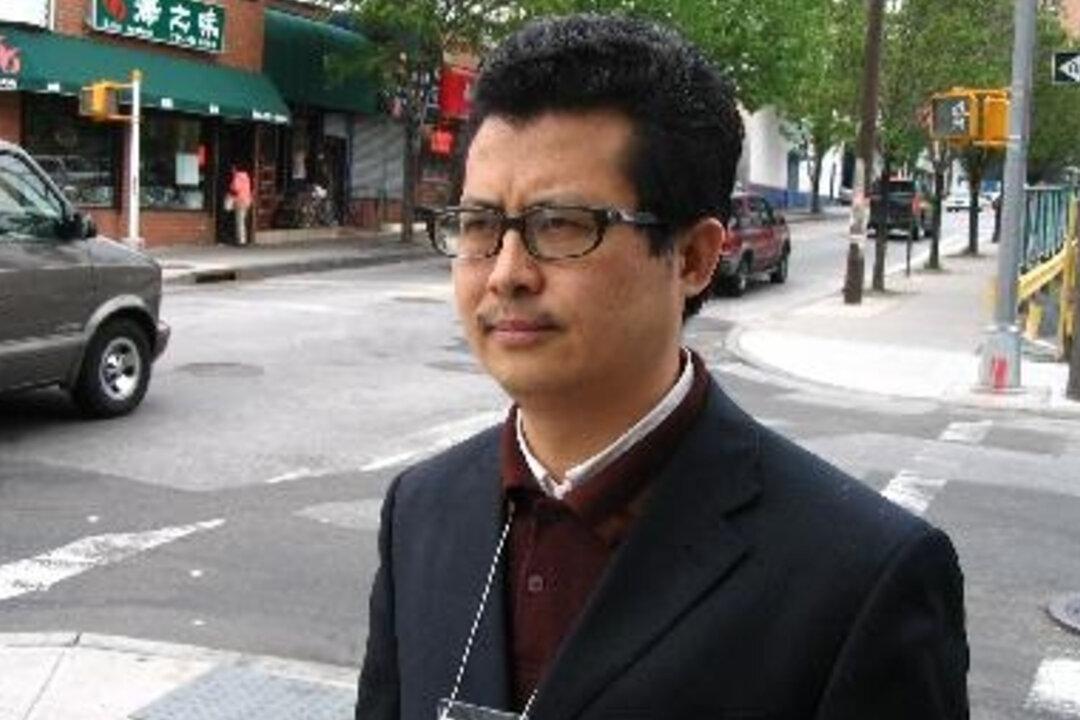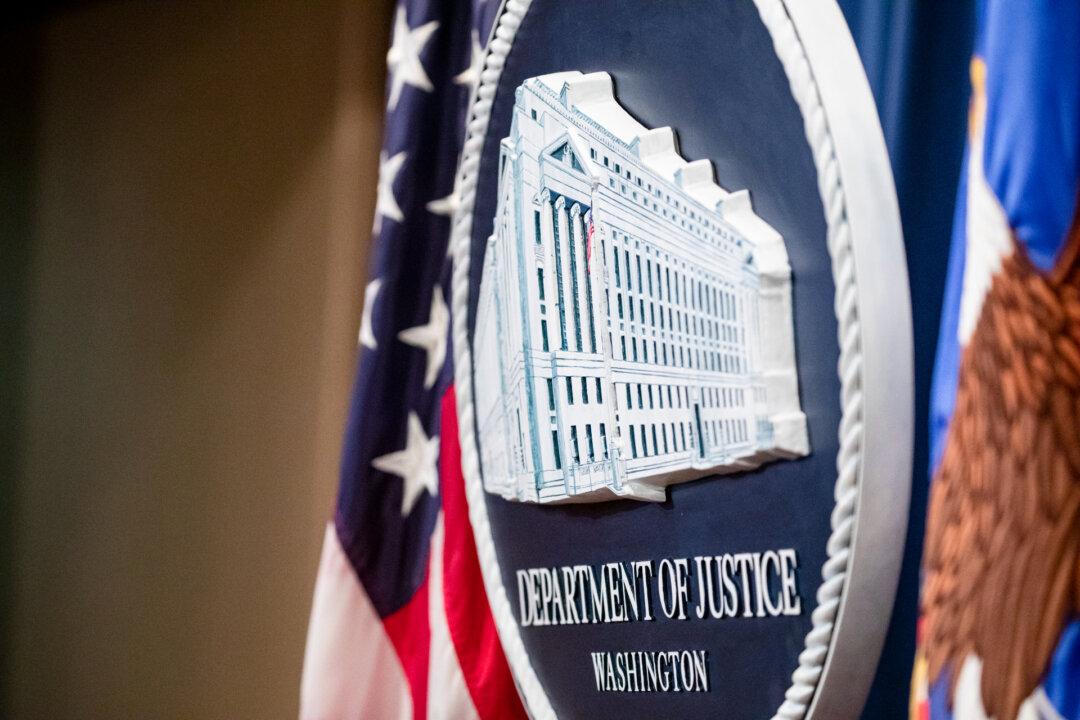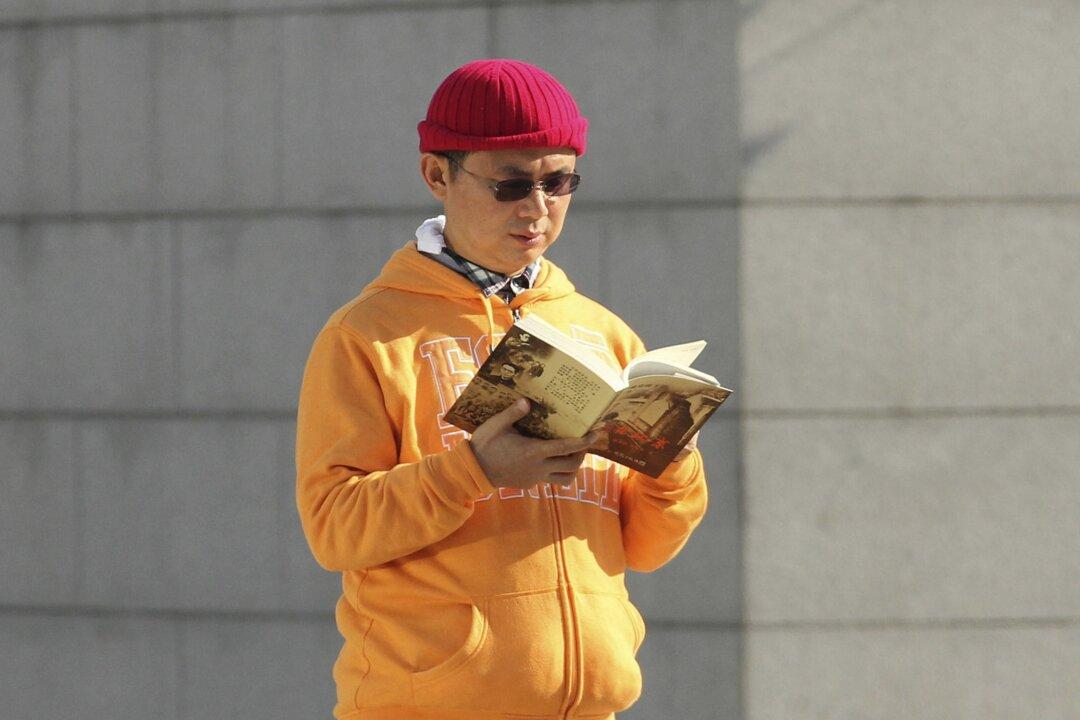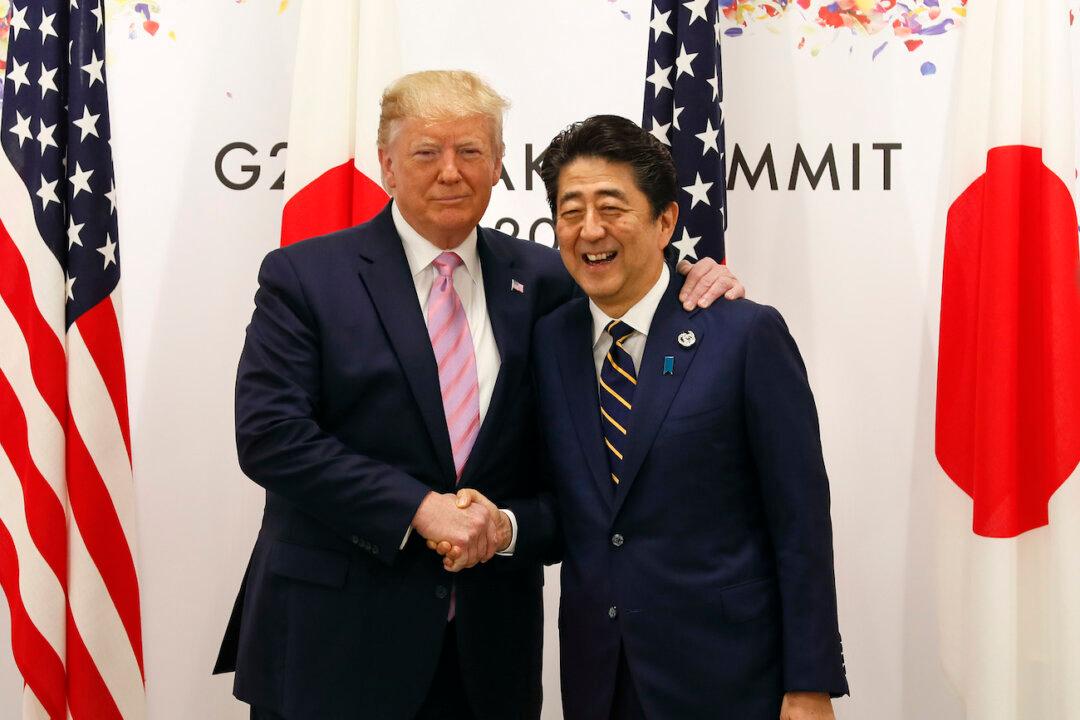Renowned Chinese rights activist Yang Maodong, also known by his pen name Guo Feixiong, has raised attention at home and abroad after Chinese authorities “disappeared” him as he was boarding a flight to visit his wife, who has been receiving cancer treatment in the United States.
Yang remains missing after he was stopped from boarding for a scheduled flight by border inspection officers at the Shanghai Pudong international airport on Jan. 28. His flight was bound for San Francisco, where his wife, Zhang Qing, an American permanent resident, lives and was expecting his arrival after colon cancer surgery on Jan. 9.
Authorities said Yang had been stopped for “endangering state security,” a vague charge often leveled at dissidents by the ruling Chinese Communist Party (CCP).
Yang declared that he would launch an indefinite hunger strike to protest the CCP’s unreasonable restrictions on him.
The last message he posted via his phone was: “I request the American government offer me emergency assistance, which would be highly appreciated.”
Family Concerned For His Life
On Feb. 1, Yang’s wife wrote to Michelle Bachelet Jeria, the United Nations High Commissioner for Human Rights, asking her to urge the CCP to respect Yang’s civil rights and allow him to leave China for a family reunion.In the letter, she said: “As a patient basically confined to bed, I need my husband’s accompaniment; as a mother, I’m worried about my son, a minor, who couldn’t complete his university studies without his father’s support; and as a wife, I’m also worried about my husband’s deteriorating health due to his days of prolonged hunger strike (back in China) and danger of life.”
As of Feb. 5, her post-op recovery was worse than expected—cancer had spread to other parts of her body, rendering doctors to cancel her second surgery.
Currently, she can only receive chemotherapy.
On Jan. 29, Yang’s elder sister, Yang Maoping, told the Chinese-language Epoch Times that her sister-in-law was in great emotional distress after learning that her husband had been intercepted after attempting to visit her.
Then, she said of Yang, “He’s already 55 years old. He’s been much disturbed about his wife’s illness for weeks. So it’s extremely dangerous if he continues his hunger strike like that. I’m terribly concerned about his life.”
She told the Chinese-language Epoch Times that the inhumanity of the CCP’s actions have been unbearable for her.
“The CCP claims it exercises the state power in the interest of the people, in the pursuit of revolutionary humanitarianism,” Ms. Yang added. “However, they’re all insincere slogans. It really feels like merciless in action.”
US Department of State: Disturbed By Yang’s Disappearance
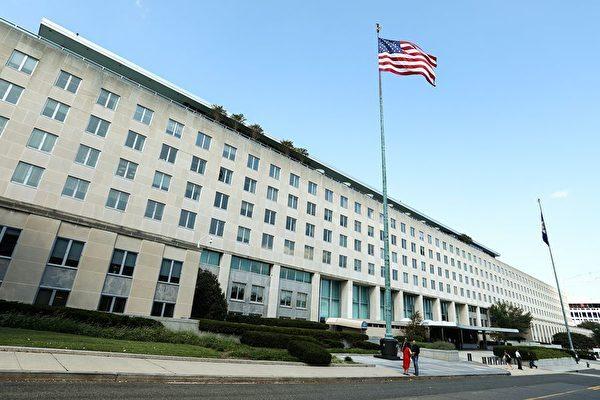
According to Voice of America (VOA), the United States Department of State said on Jan. 29 that it was disturbed about Yang’s disappearance.
On Jan. 30, Jim McGovern, the U.S. representative and co-chair of the Congressional-Executive Commission on China, stated explicitly on his Twitter account that the Chinese activist “should be allowed to travel to the U.S. to care for his wife following her cancer surgery.”
EU Foreign Affairs Spokeswoman: ‘Very Concerned’
In Europe, the EU has also been observing the situation since Yang’s disappearance.Nabila Massrali, EU spokesperson for Foreign Affairs & Security Policy, called on China to allow Yang to leave the country to visit his very ill wife on Jan. 30.
Taiwan: Over a Hundred of Dissidents Sign Petition in Support of Yang
More than 100 dissidents, most of whom were former Tiananmen Square pro-democracy activists, signed a petition on Jan. 29 urging Western governments to help free Yang, VOA reported.“China has no rights to keep him from visiting his family overseas whether it is from the legal, human rights, or humanitarian perspectives,” they said in a statement, adding that “China’s inhuman move has proved again that its regime is increasingly fascist.”
Of them, Wu’er Kaixi, a prominent student leader in China’s 1989 Tiananmen Square protests, directly called on the Biden administration to help Yang join his family.
Inside China: Open Letter Urging Chinese Leaders to Lift Travel Ban on Yang
More than 20 Chinese public intellectuals, as well as ordinary supporters, have bravely signed their real names in an open letter to Chinese leader Xi Jinping, Chinese Premier Li Keqiang, and the head of China’s National People’s Congress Li Zhanshu, urging them to immediately grant Yang a permit to leave China.The signatories included lawyers, authors, artists, and scholars who advocate vehemently for Chinese people’s human rights and freedoms under the CCP’s totalitarian rule.
In their letter, they honor Yang as an author and a scholar dedicated to promoting social progress, whose ideas for years have been constructive to China’s reform and peaceful transition.
They also wrote that Yang himself is grateful for the help that the Guangdong and Hubei public security departments have made to facilitate his application for travel to the United States to nurse his wife, and that his journey was only forcibly aborted at the last moment before boarding.
“Without powerful intervention,” they said, “a sad outcome faces this couple. We deem it a basic ethical requirement to help them before it is too late. No one should be so cold-hearted to this tragic incident.”
As an active participant and successful organizer, Yang Maodong has been committed to pushing China’s pro-democracy campaigns since 2001. He is always at the forefront of rights activities for vulnerable groups including Falun Gong adherents, who have been ruthlessly persecuted for their belief in the values of truthfulness, compassion, and forbearance since July 20, 1999.
He is also one of the most unwavering proponents of creating a financial disclosure system for Chinese officials to combat corruption in China.
The Chinese government entered the United Nations Convention against Corruption (UNCAC) on Dec. 10, 2003. However, no disclosure mechanism has been established to this day by the CCP.
From 2005 to 2019, Yang was detained four times and imprisoned twice. Altogether, he was subjected to 11 years in jail for his human rights campaigning.
During his detention, he experienced threats, beating, and forced confession through torture. At one point, the abuse and insults overwhelmed him so much that he even attempted to commit suicide, he later said.
His two-decades of devotion to China’s democratic process have earned him wide recognition and honor, including the Front Line Defenders Award of 2015, which was founded in Dublin, Ireland, in 2001.
